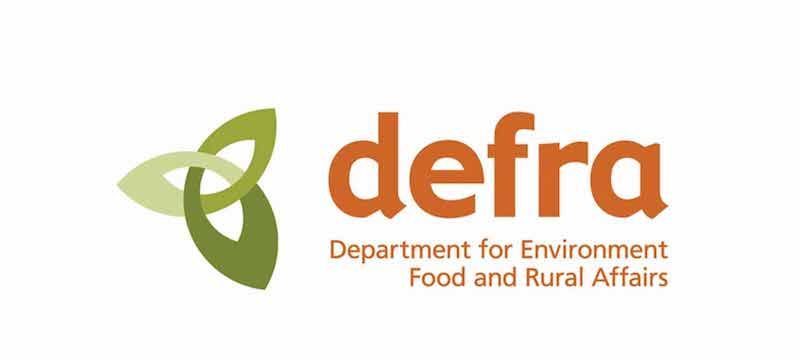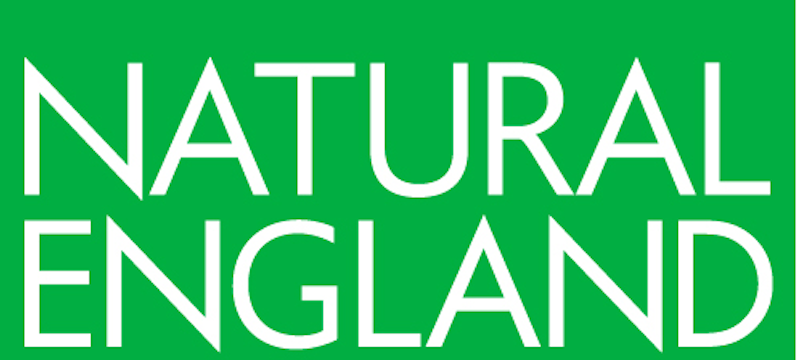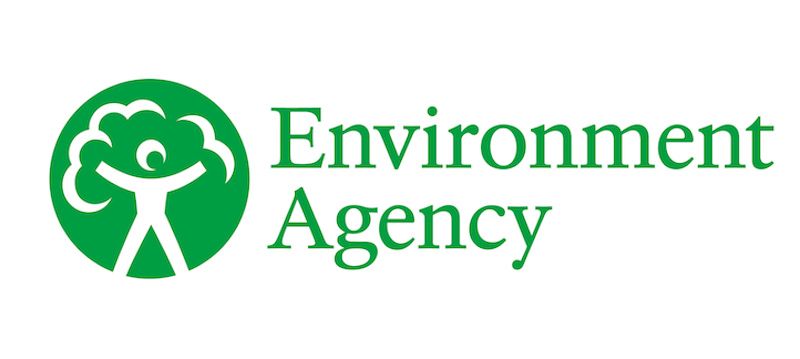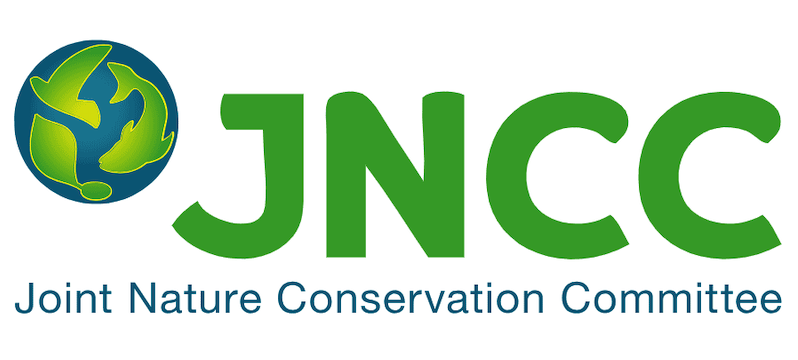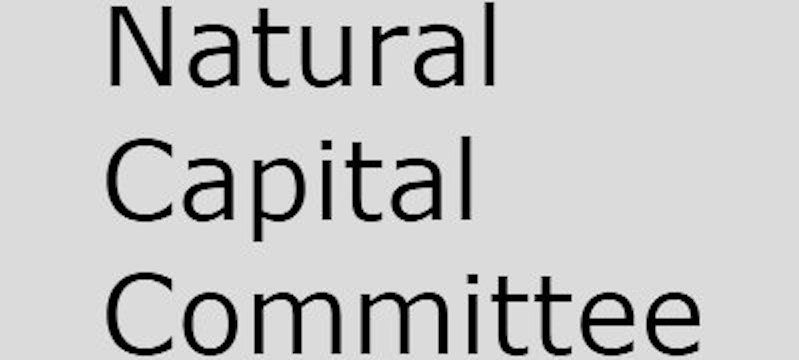Soils ‘policy’ is determined by a wide variety of organisation, not limited to national and devolved governments and the various enforcement agencies. Land management is also driven by research and recommendations by NGOs, farming groups, businesses and scientists – calls to action which aim to influence government policy and farmer behaviour and the role of numerous organisation in-between.
The following is a collection of the most authoritative and influential, categorised according to the organisation responsible.
Anything to add: if there are relevant pieces of literature missing from this library, please contact us with any suggestions at
Sustainable Farming Initiative (SFI)
Defra
One of three new schemes making up the post-Brexit Environment Land Management scheme (ELM).
Carbon Storage and Sequestration by Habitat 2021
Natural England
The natural environment can play a vital role in tackling the climate crisis as healthy ecosystems take up and store a significant amount of carbon in soils, sediments and vegetation.
Environmental Land Management Schemes: Overview
Defra
Explains what the Sustainable Farming Incentive, Local Nature Recovery and Landscape Recovery schemes are, and how you can get involved.
Agriculture Bill
Defra
Soil is an essential natural asset and its careful management can help to provide a whole range of public goods. Soil is specifically named so we can provide financial assistance to farmers for protecting or improving its quality.
Guide to Cross Compliance in England 2020
State of the Environment: Soil
Environment Agency
Soil is an important natural capital resource, providing many essential services. There is insufficient data on the health of our soils and investment is needed in soil monitoring.
Future Farming: Changes to Farming in England
Defra
Farming is changing: here’s what you need to know. This leaflet sets out the intended changes to English agricultural policy as the UK leaves the EU.
Code of Practice for the Sustainable Use of Soils on Construction Sites
Defra
Some of the most significant impacts on soils occur as a result of construction activity, yet it appears there is a lack of awareness and understanding within the industry.
Draft Environment (Principles & Governance) Bill
Defra
The draft sets out how environmental standards will be maintained as England leaves the EU and builds on the vision of the 25 YEP.
Health & Harmony: the future for food, farming & the environment in a Green Brexit
Defra
Leaving the EU provides a once-in-a-generation opportunity to reform agriculture… so as better to promote health and harmony.
UK Biodiversity Action Plan: Lowland Raised Bog
Joint Nature Conservation Committee
Lowland raised bogs are peatland ecosystems which develop primarily where drainage may be impeded; waterlogging provides anaerobic conditions which leads to an accumulation of peat, (elevating) the bog surface to form a gently-curving dome.
Summary of Evidence: Soils
Natural England
Natural England’s assessment of the evidence relating to access and engagement, a statement of the current evidence base, current research projects and key external research programmes.
Rules for Farmers and Land Managers to Prevent Water Pollution
Defra
We need a combination of different actions to tackle agricultural diffuse pollution of water effectively.
Protecting & Improving Natural Capital for Prosperity & Wellbeing
Natural Capital Committee
How to ensure England’s ‘natural wealth’ is managed efficiently and sustainably.
Natural Environment White Paper: Implementation update report
Defra
A healthy natural environment is the foundation of sustained economic growth, prospering communities and personal wellbeing.
UK National Ecosystem Assessment
Defra
The natural world is critically important to wellbeing & economic prosperity, but consistently undervalued in economic analyses & decision making.
The Natural Choice: Securing the value of nature
Defra
Nature is sometimes taken for granted and undervalued. But people cannot flourish without the benefits & services our natural environment provides.
Safeguarding our Soils: A Strategy for England
Defra
Along with air and water, soil is one of the building blocks of life. Yet it is so much a part of everyday life that there’s a danger of taking it for granted.
Soil Strategy for England - Supporting Evidence Paper
Defra
Along with air and water, soil is one of the building blocks of life. Yet it is so much a part of everyday life that there’s a danger of taking it for granted.
